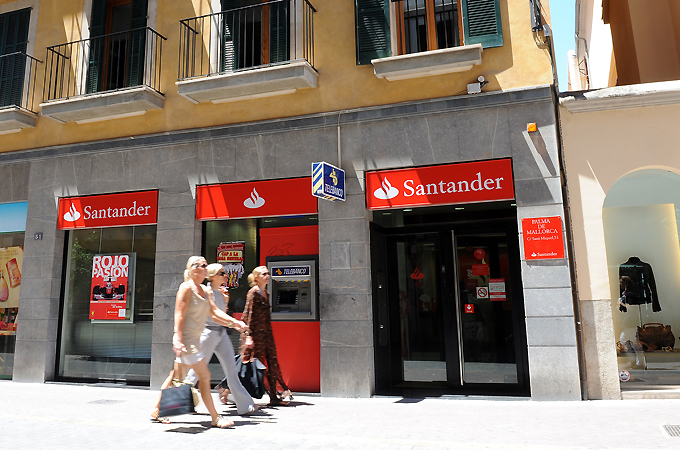Spain rules out bailout package
Prime minister Zapatero says “absolutely” no prospect of Irish-style rescue, despite concerns over public deficit.

 |
| The Irish crisis has revived concerns about the Spanish economy and financial sector [GALLO/GETTY] |
Jose Luis Rodriguez Zapatero, Spain’s prime minister, has “absolutely” ruled out any Irish-style financial rescue plan for his country’s economy.
The prospect of a rescue for Spain’s economy, which is twice the size of Ireland, Greece and Portugal combined, is sowing a deep concern in world financial markets.
Keep reading
list of 4 itemsUS imposes new sanctions on Iran after attack on Israel
A flash flood and a quiet sale highlight India’s Sikkim’s hydro problems
Why is Germany maintaining economic ties with China?
In an interview on Friday with RAC 1, a Catalan radio station, Zapatero sought to clear the uncertainty.
“I am not delivering a message of confidence just because I want to but because of concrete facts,” he said.
Asked if he could rule out a rescue, he replied: “Absolutely.”
Zapatero said there was “no scenario” under which a rescue plan could be envisioned for Spain.
“Those who push this idea are not contributing to calm,” he said.
The Irish crisis has revived concerns about the Spanish property-dependent economy and financial sector.
Any rescue of Spain’s economy would dwarf Ireland’s. Spain accounts for 12 per cent of economic output among the 16 nations that use the Euro currency, equal to twice that of Ireland, Portugal and Greece combined.
The prime minister’s comments came a day after Miguel Martin, the president of the Spanish Banking Association, urged the government to deepen the reforms that have already been taken.
Previous attempts
Spain has already cut spending, raised taxes, reformed labour laws and restructured the regional bank savings system.
Yet the daily newspaper El Pais reported on Friday that eight of Spain’s 17 autonomous regions expect to bust government-imposed public deficit targets for 2011.
The Socialist government has committed to slashing its public deficit, which grew to 11.1 per cent of gross domestic product in 2009.
It is aiming for 9.3 per cent in 2010, six per cent in 2011 and then three per cent in 2013.
The large degree of political autonomy enjoyed by Spanish regions, however, is casting doubt over whether the government is on track to meet the ambitious targets.
Elena Salgado, the country’s finance minister met policymakers of the 17 regions on Wednesday to remind them of the targets and to request economic updates each quarter.
She also showed the red card to the regions of south eastern Murcia and central Castile-La Mancha. Because they have a “significant risk” of being unable to meet their deficit targets in 2010, they will not be allowed to issue bonds until they are back on track.
The international rating agency Moody’s Investors Service downgraded five regions in June. In recent weeks, it has done likewise to the eastern regions of Catalonia and Valencia, while warning of possible downgrades for three others.
Spain has a highly decentralised system of government and budget management. The country is a member of the Eurozone as well as of the European Union, which bases budget ceilings on the so-called public deficit. This measure covers the state, welfare and also local authority budgets.